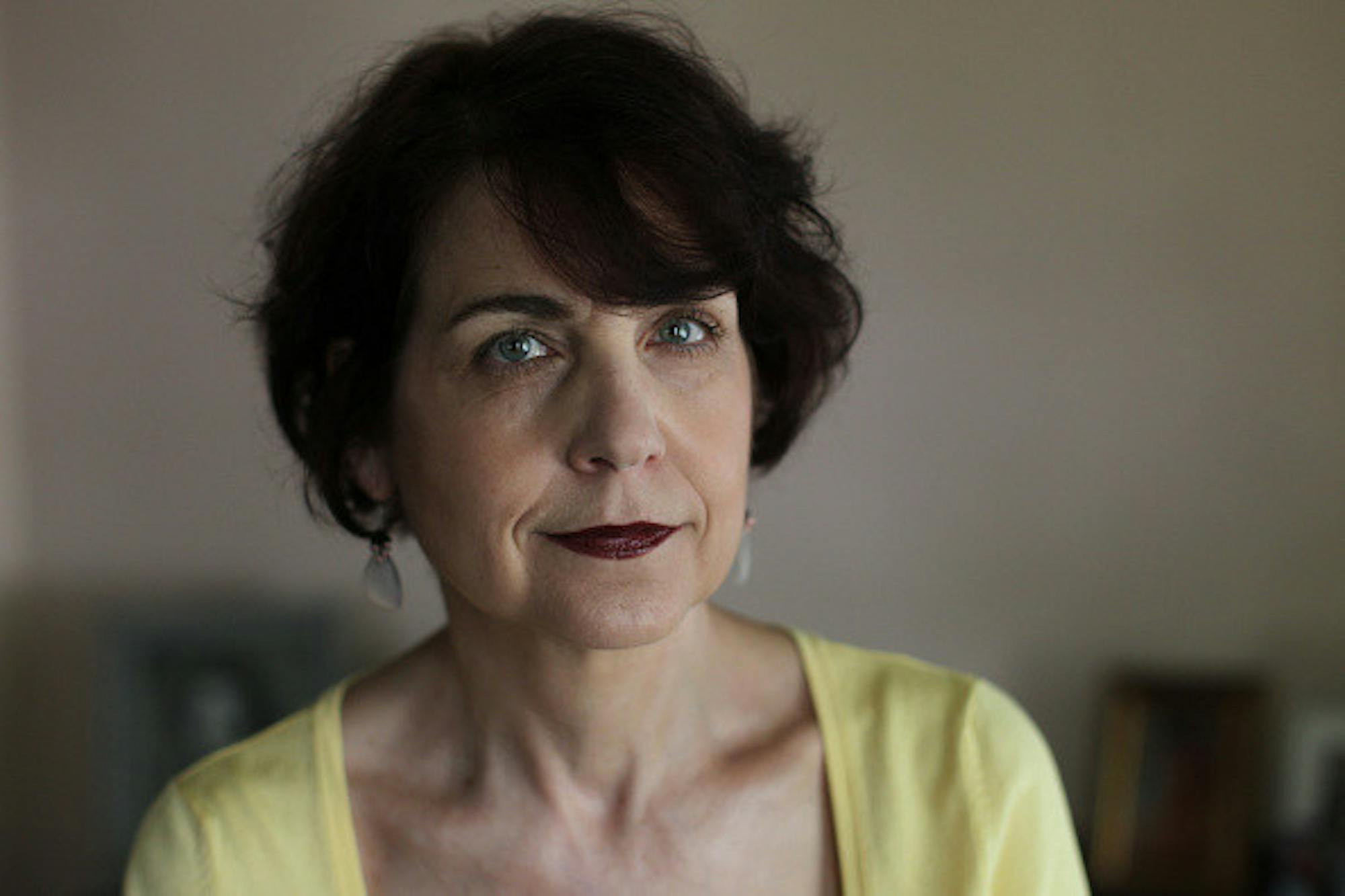Writer and medical anthropologist Kimberly Theidon will join the Fletcher School of Law and Diplomacy this fall as the Henry J. Leir Chair in International Humanitarian Studies and a tenured professor of human security.
“I think Fletcher is one of the foremost places to be studying gender, conflict and peacebuilding," Theidon said. "There’s an amazing faculty, and I think it’s quickly going to be one of the premier schools in which to study those issues."
Theidon, a former associate professor of anthropology at Harvard University, left the university after being denied tenure in May 2013. She later filed a federal Title IX lawsuit against the school in March 2014 with the Massachusetts Commission Against Discrimination for being denied tenure because of her support for students who were victims of sexual assault or harassment on campus.
Dean of the Fletcher School James Stavridis issued a statement explaining that Theidon was selected for the position based on her academic credentials.
"Professor Kimberly Theidon was appointed because she applied for the job and was by far the best scholar and teacher in a brilliant field of candidates," he said in the statement. "Her published work speaks for itself, and her expertise in Latin America was a terrific fit for us, as well as her deep experience in human security, her speciality. We are thrilled to have [her] on the faculty."
International Media Relations Specialist at the Fletcher School Taraneh Pettinato added that after being selected for the position, Theidon was granted tenure this spring.
"The tenure process, which involves committees at both the school and university levels, was completed earlier this semester," Pettinato told the Daily in an email.
Theidon said she has pursued research based on her background in Latin American studies and public health.
“I am a medical anthropologist very interested in the impact of violence, how people practice violence, survive through it, experience it and then what happens at the end of very messy internal conflicts," she said. "I’ve worked most closely in Peru and Colombia, where you did have … fratricidal violence … I’m extremely interested in what people do in the aftermath of that kind of violence -- not only at the level of the nation-state, but also locally.”
Theidon explained that her courses at the Fletcher School will relate primarily to her research interests.
“I will be teaching courses on transitional justice, human security ... we’ll also be looking at post-conflict social reconstruction, and then I plan to teach a class on drug policy as well,” she said.
During the current academic year, Theidon has served as a fellow at the Woodrow Wilson International Center for Scholars after Harvard denied her tenure. She decided to file a lawsuit against the school to raise awareness about the silencing of faculty members who want to speak out about sexual assault and harassment on college campuses.
“I filed my lawsuit because I think the retaliation against faculty who speak out about campus sexual assault and harassment is systematic and pervasive," Theidon said. "And I felt very strongly that I needed to stand up and do something about it.”
Harvard Director of University Communications Anna Cowenhaven issued a statement explaining that Theidon was not denied tenure for the reasons she had claimed.
"Dr. Theidon’s central claims that inappropriate judgments affected her tenure decision continue to be flatly wrong," the statement said. "There is no merit whatsoever to her allegations of discrimination or retaliation. Any advocacy on Dr. Theidon’s part on behalf of victims of sexual harassment and sexual assault at Harvard was not known, let alone considered, as part of the University’s decision on her tenure case. Moreover, such advocacy would never adversely affect a tenure decision at Harvard."
Theidon noted that when looking at Title IX movements across college campuses, it is striking how few professors are involved. She believes this stems from the retaliation professors risk if they do speak out.
“I thought, if I allow Harvard to do this to me, then what is the message they send to all of the first- and second-year assistant professors who know what’s going on, who want to do the right thing and speak out and are terrified into silence?" she said. "As faculty, we should be our students’ best allies in making campuses safer and more equitable learning environments.”
Theidon expressed optimism about moving on to the Fletcher School.
"I’m delighted to be joining an interdisciplinary environment," she said. "I have felt very welcome and supported, and I’m delighted and really looking forward to being at Fletcher."
Kimberly Theidon to begin as professor at Fletcher this fall

Theidon sued Harvard as a result of her belief that faculty should be safe to speak out about campus sexual assault.





